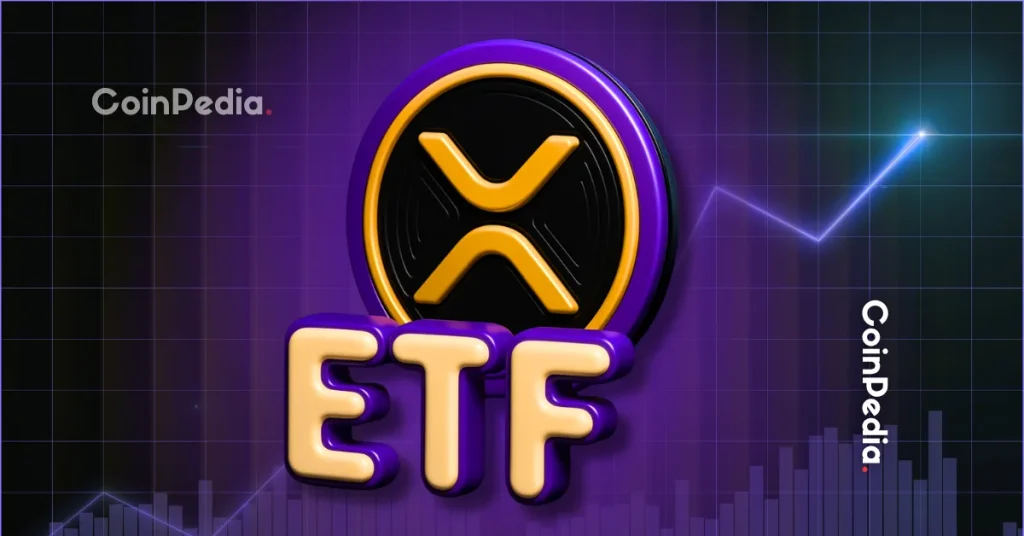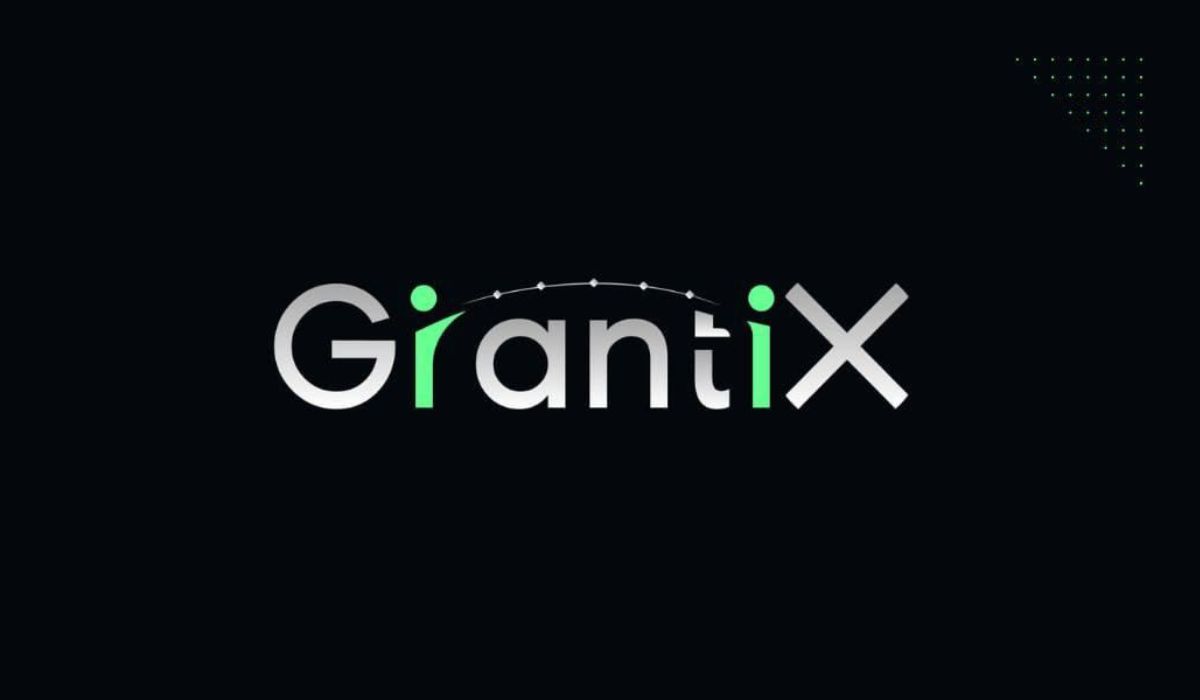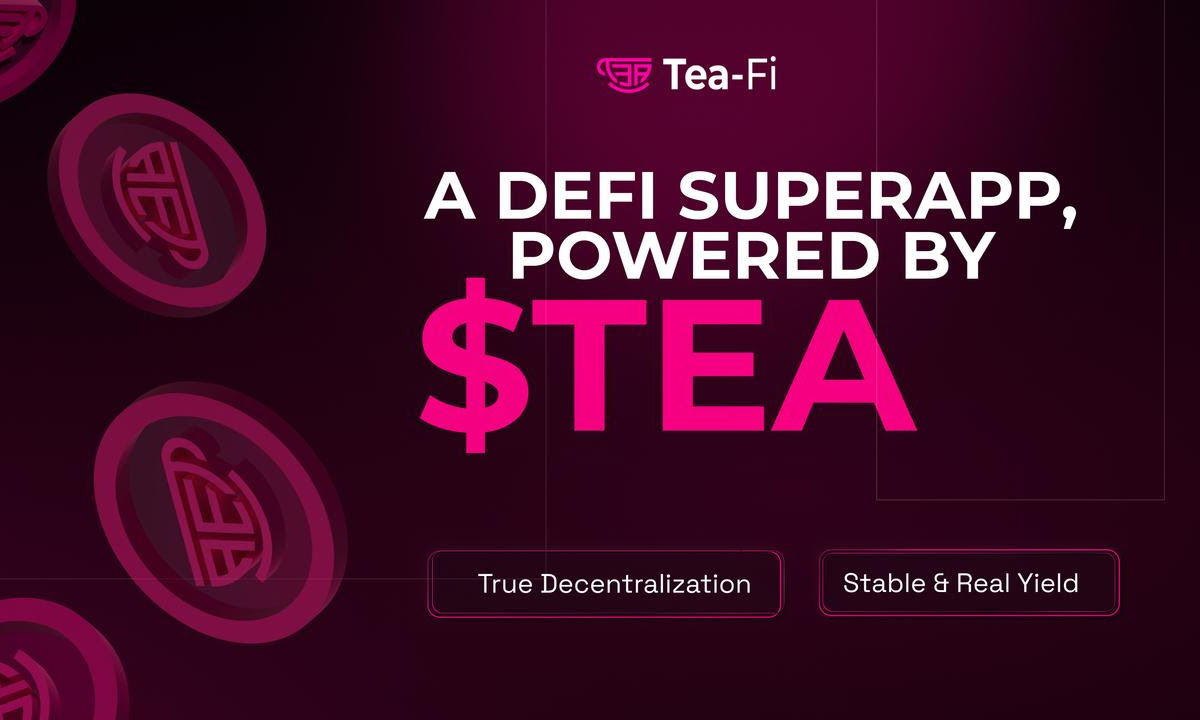A senior Ripple engineer has addressed growing concerns in the XRP ($2.34) community regarding the possibility of rewriting the XRP Ledger (XRPL) in the Rust programming language. This conversation gained momentum after Ripple’s Chief Technology Officer, David Schwartz, brought up the idea during a recent XRPL developer bootcamp.
The original XRPL infrastructure, designed in C++ by Schwartz and other early architects, may benefit from a modern rewrite. However, some community members feared such a transition could compromise their XRP holdings or disrupt the network’s operations.
XRPL Rewrite Wouldn’t Affect User XRP
Mayukha Vadari, a senior engineer at RippleX, offered much-needed clarity. She emphasized that rewriting XRPL’s core software, known as “rippled”, in Rust would not alter how users interact with their XRP tokens or how developers build on XRPL.
In a post on X (formerly Twitter), Vadari explained that a language rewrite strictly involves codebase modernization, not changes to blockchain data or functionality. “Users would still own their XRP,” she noted, “and developers could continue building on XRPL just as they always have.”
She elaborated that any rewrite would start by documenting XRPL’s current functionality and separating “rippled” into modules. These modules could then be individually re-implemented in Rust. Notably, the transaction engine would likely remain in C++ due to its complexity.
Why Ripple Is Considering Rust
David Schwartz discussed the potential shift during the XRPL Core Dev bootcamp. A participant from XRPL Commons, a nonprofit backing XRPL development, asked why Ripple hadn’t already begun rewriting XRPL in Rust.
Rust, known for its speed and memory safety, eliminates common programming errors found in older languages like C and C++. Given its advantages, several modern blockchains, including Solana, Polkadot, and Sui, are already built on Rust.
For Ripple, Rust could enhance XRPL’s security, boost performance, and make long-term maintenance easier. Schwartz confirmed Ripple is actively discussing this transition internally. He stated that the team’s vision involves breaking XRPL into modular components, including a transaction engine that can eventually run in a virtual machine (VM).
Related article: XRP’s $38 Million Liquidation Wave Reveals Extreme Bullish Imbalance
Overcoming Challenges in the Payment Engine
Despite the potential, Schwartz highlighted one major obstacle: the payment engine’s mathematical complexity. Some of its calculations rely on operations where the order affects the result, particularly with floating-point arithmetic. These inconsistencies could make reproducing exact behaviours in another language more difficult.
Still, Schwartz expressed optimism. He noted that Ripple aims to write formal specifications for each XRPL module to ensure consistency across any alternate versions developed in Rust or other languages. This modular approach would allow Ripple to modernize the codebase gradually rather than rewriting everything at once.
Moving Forward with External Collaboration
Schwartz revealed that Ripple has already begun evaluating proposals from external developers interested in contributing to the rewrite. The company is currently prioritizing which components to address first and mapping out a long-term plan.
He reiterated the importance of modularity, explaining, “You can imagine a situation where the transaction engine is compartmentalized and runs in a VM. That’s the direction we’d like to head.”
Although the task is far from simple, Schwartz believes the benefits of a Rust-based XRPL, including improved code maintainability and developer experience, make it a worthwhile goal.
Final Thoughts: No Risk to XRP Holders
Both Schwartz and Vadari have made it clear: rewriting XRPL in Rust will not compromise user funds or the current XRPL experience. Instead, it represents a forward-looking effort to strengthen the ledger’s architecture using more modern, secure tools.
Ripple’s reassurance offers peace of mind to XRP holders and developers alike, ensuring that the network’s evolution won’t come at the cost of its stability or user trust.
The post Top Ripple Engineer Calms XRP Community Amid XRPL Rust Rewrite Plans appeared first on FXcrypto News.
























 24h Most Popular
24h Most Popular








 Utilities
Utilities